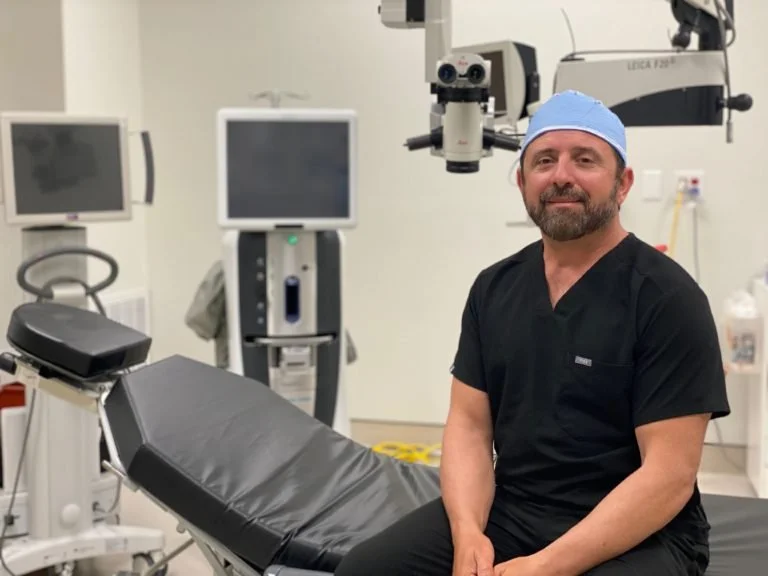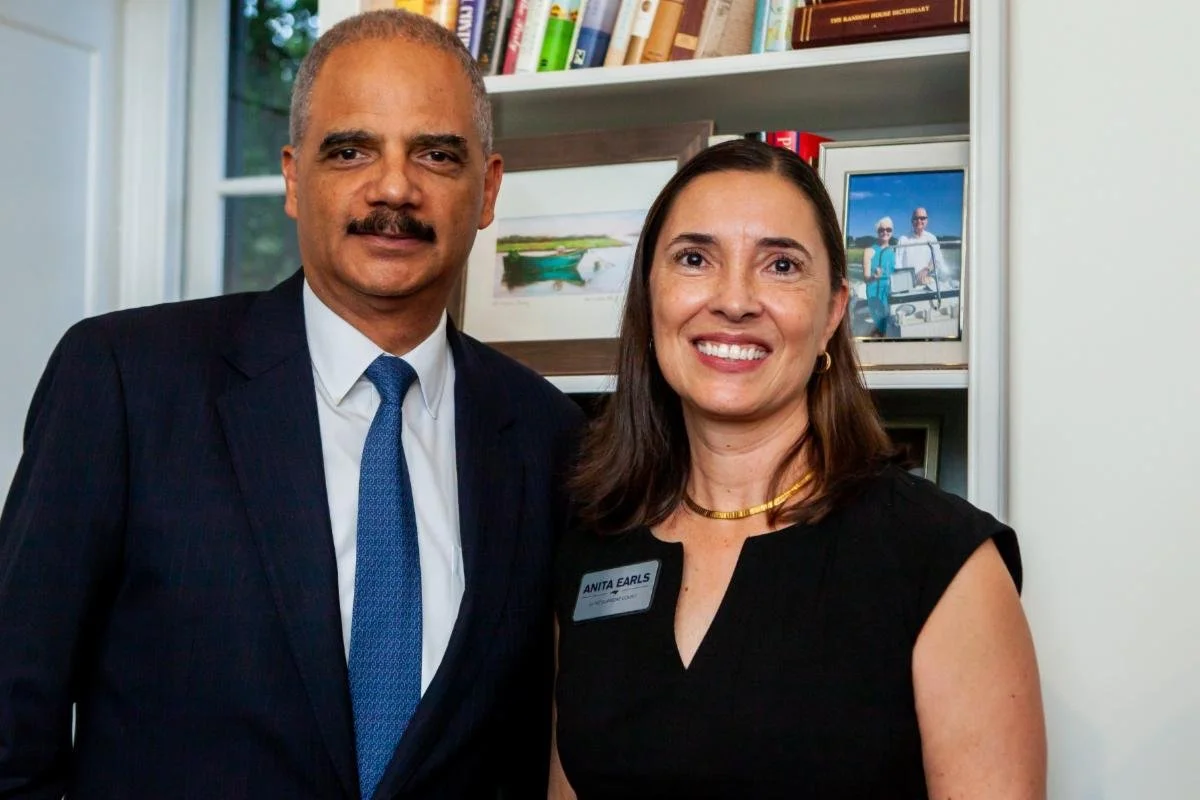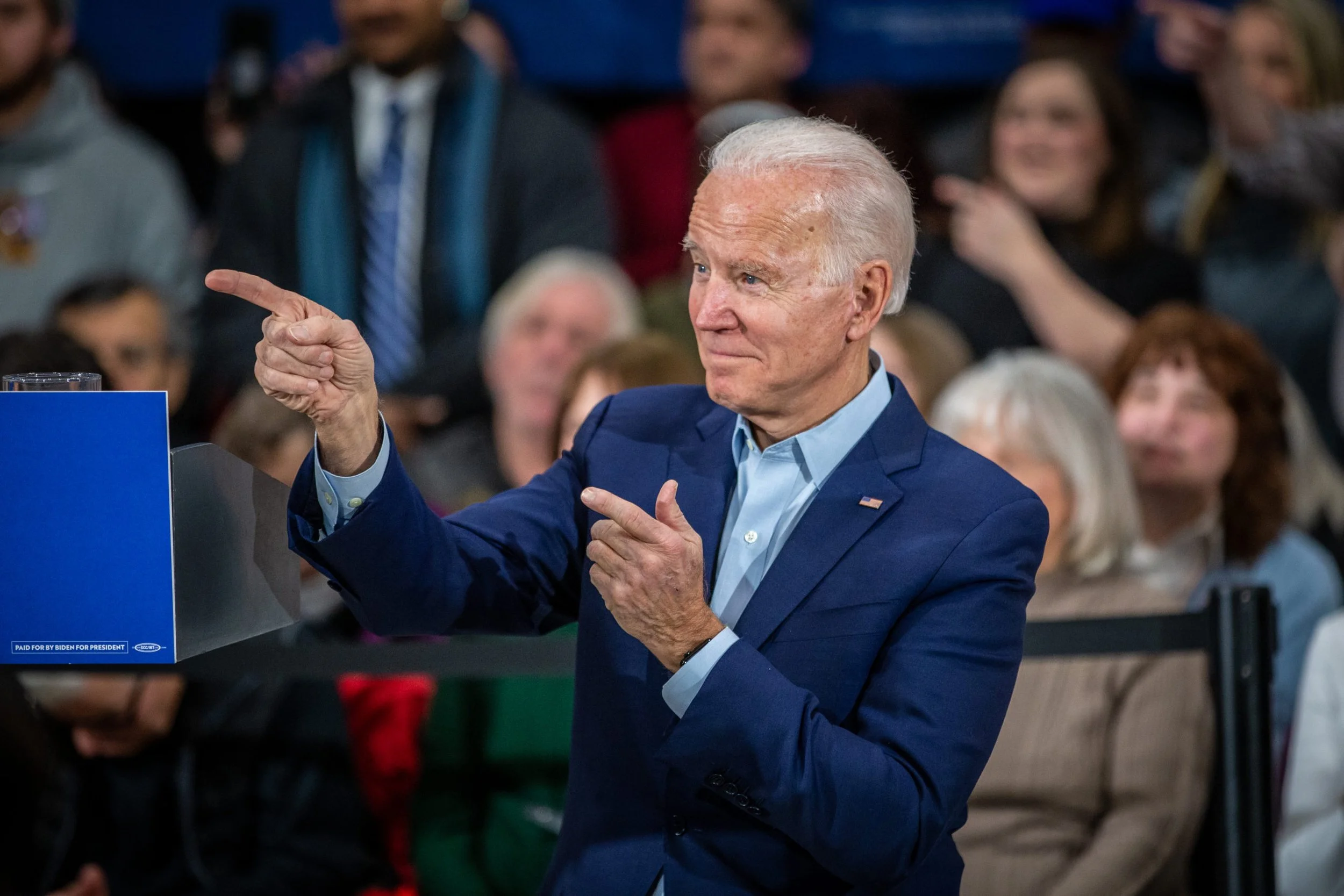New Bern eye doctor reignites fight against CON law
By Mitch Kokai, Carolina Journal
A New Bern-based eye surgeon continues his campaign against North Carolina's certificate-of-need restrictions. A newly filed brief at the N.C. Court of Appeals aims to help keep that campaign alive.
"The State wants this case to be about whether the legislature could have thought it was rational to adopt the CON Law over 40 years ago," argued attorneys from the Institute for Justice. "That is not the question on appeal."
IJ represents Dr. Jay Singleton, who would like to offer regular outpatient services at his surgery and recovery center. Without a CON from state government, he can offer services only on an "incidental, limited" basis. The certificate acts as a government permission slip.
Singleton filed suit in April 2020 to help fight the CON requirement. A trial judge dismissed his suit in June 2021. He's asking the Appeals Court to allow the case to proceed.
"The question is whether the trial court rightly dismissed this case because it is clear 'beyond a doubt' that the CON Law — as applied to Dr. Singleton today — satisfies Article I, Sections 19, 32, and 34 of the North Carolina Constitution. The State has not shown this."
Singleton's lawyers argue that the state "botches the constitutional tests" governing the doctor's claims.
Article I of the N.C. Constitution, the Declaration of Rights, includes Section 19, which provides equal protection of the laws. It also includes Section 32, which prohibits "exclusive ... emoluments or privileges."
"Dr. Singleton showed that the CON Law violates Article I, Section 32 because it grants a private hospital — CarolinaEast — an exclusive right to run a surgical facility in the Craven/Jones/Pamlico [County] area," according to the IJ attorneys' brief. "The State’s response is unconvincing."
Article I, Section 34 forbids state monopolies. "[O]ne way the state can grant a monopoly is by (1) requiring permission to operate in a market, then (2) granting permission only to a select few market players," according to Singleton's brief.
"If ... there is nothing people can do to enter the market — no objective criteria they can meet — the market is closed," the IJ attorneys continued. "A closed market thwarts the 'democratic principle' behind Article I, Section 34: 'Equal rights and opportunities to all, special privileges to none.'"
"The CON Law does not give equal opportunities to all. Dr. Singleton
wants to obtain a facility license. But he cannot do so without a CON. And he cannot apply for a CON until the State Medical Facilities Plan declares a 'need' in his area. The SMFP has declared zero need in Dr. Singleton’s area through at least 2024. So there is nothing Dr. Singleton can do — no application he can submit or criteria he can meet — to enter the market. He is 'categorically banned.'”
Singleton supports one element of the trial judge's ruling. The trial court determined that Singleton would not have to endure the expense and time commitment of pursuing a CON before challenging the requirement in court.
"Dr. Singleton alleged that the CON process is practically useless when he alleged there was no CON he could apply for," according to the IJ brief. "And he alleged that the CON process is legally useless because the ability to 'one day' expend vast resources applying for a CON is not a 'remedy' for the requirement that he get a CON in the first place."
There is no timetable for a ruling on Singleton's appeal.



